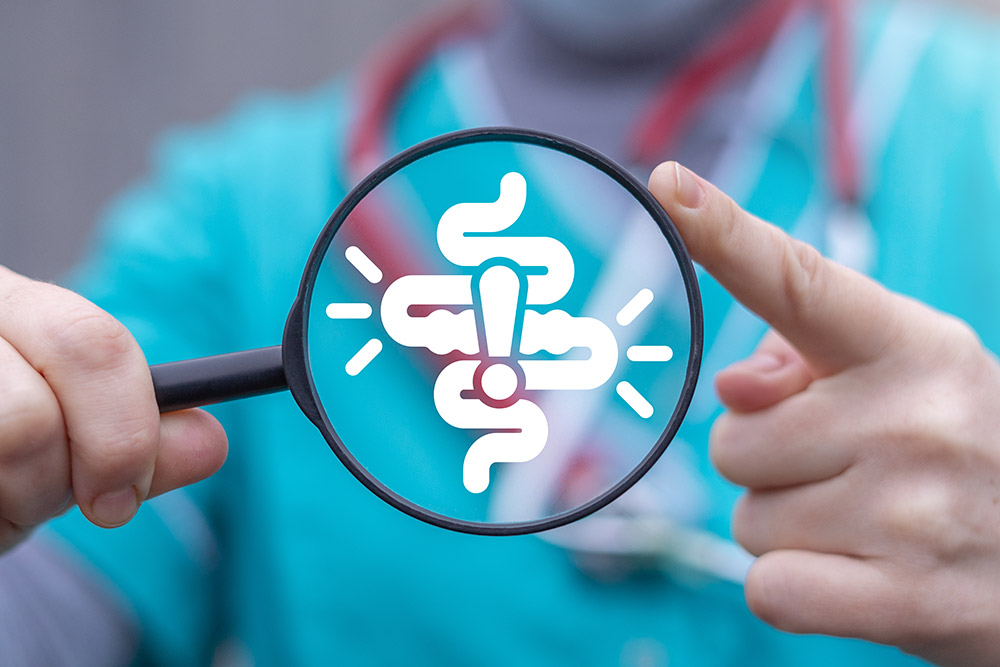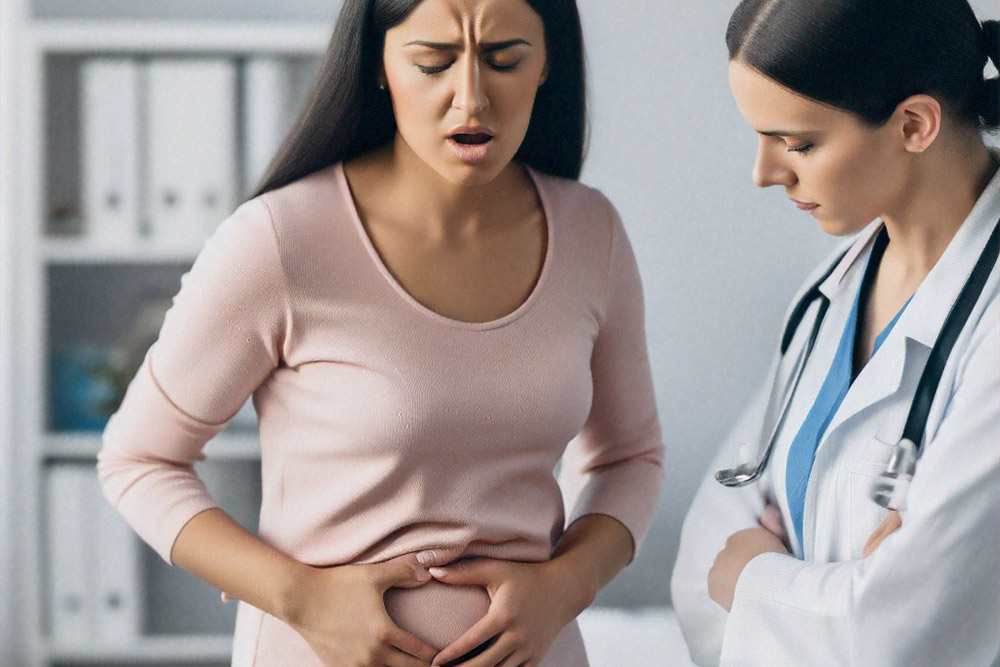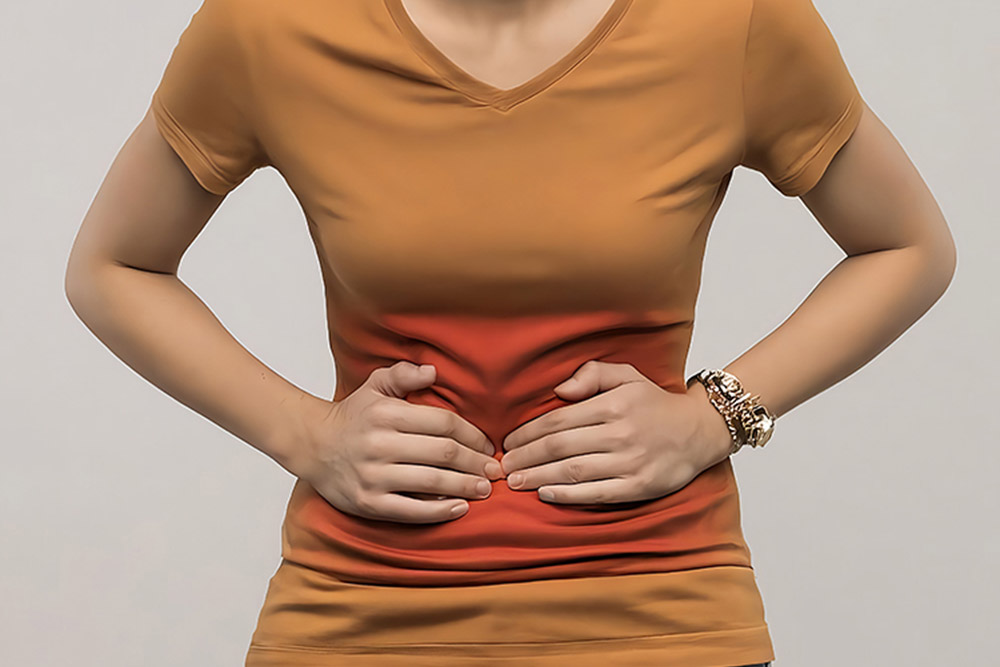What Is Eosinophilic Jejunitis?
Eosinophilic jejunitis is a rare inflammatory condition in which eosinophils-a type of white blood cell-accumulate in the jejunum (the middle segment of the small intestine). This buildup leads to swelling, pain, and impaired digestion. Early recognition and tailored management can help restore gut health and reduce symptoms.
Common Causes and Risk Factors
- Food allergies (dairy, wheat, soy, nuts, eggs)
- Environmental allergies (pollen, dust mites)
- Overactive immune response sending excess eosinophils to the gut
- Family history of eosinophilic gastrointestinal disorders
- Coexisting allergic conditions (asthma, eczema, allergic rhinitis)
Signs and Symptoms
- Abdominal pain or cramps, especially after meals
- Bloating and excessive gas
- Diarrhea or loose, frequent stools
- Nausea and vomiting
- Unintentional weight loss
- Chronic fatigue or lack of energy
Expert Treatment for Eosinophilic Jejunitis by Dr. Bharat Pothuri
Dr. Pothuri uses a step-by-step approach:
Medical History and Physical Exam
He reviews your epigastric pain, bowel habits, diet, allergy history and any family history of eosinophilic disorders.
Blood Tests
We draw a complete blood count to look for elevated eosinophils, assess inflammatory markers and rule out parasitic infections.
Stool Studies
Stool analysis checks for infectious agents, parasites and markers of gut inflammation.
Endoscopy with Biopsy
An upper endoscopy or enteroscopy allows Dr. Pothuri to visualize the jejunum directly and take tissue samples. Pathology confirms eosinophil infiltration.
Imaging Studies
- CT or MR enterography evaluates small-bowel wall thickening, edema and motility changes.
- Abdominal ultrasound can detect bowel wall abnormalities and guide further testing.
Advanced and Allergy Testing (if needed)
Allergy panels or elimination diets identify food triggers. Capsule endoscopy may be used to survey deeper sections of the small intestine.
Frequently Asked Questions
What is eosinophilic jejunitis? Can it be cured?
Eosinophilic jejunitis is inflammation of the middle small intestine (jejunum) caused by too many eosinophils. While there's no single cure, most patients experience significant relief with personalized diet changes, medications, and ongoing care from Dr. Pothuri.
Can jejunitis cause bloating and diarrhea?
Yes. Eosinophil-driven swelling in the jejunum often leads to gas, bloating, and loose stools. Targeted treatment reduces inflammation and eases these symptoms.
How does Dr. Pothuri diagnose and treat eosinophilic jejunitis?
He combines a detailed history with blood and stool tests, then confirms diagnosis via endoscopy with biopsy. Treatment begins with an elimination diet and may include steroids, coated steroids, biologics, acid blockers, or minimally invasive procedures as needed.
Where can I get a biopsy for eosinophilic jejunitis in Houston?
Dr. Pothuri performs endoscopic biopsies at leading Houston centers, including Texas Medical Center, Memorial Hermann, and HCA Houston Healthcare. Our staff assists with scheduling and preparation to ensure a smooth experience.
What foods should I avoid?
Common triggers include dairy, wheat, soy, nuts, eggs, and certain fruits. An elimination diet combined with a food diary helps pinpoint your personal triggers under Dr. Pothuri's guidance.
Is long-term steroid use safe?
Dr. Pothuri minimizes systemic steroid exposure by using short courses, gut-targeted coated steroids, or biologics when possible. He closely monitors treatment to maintain safety and effectiveness.












